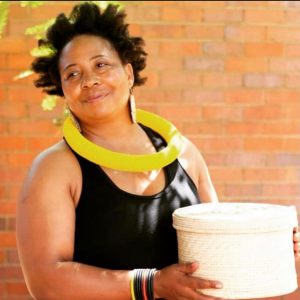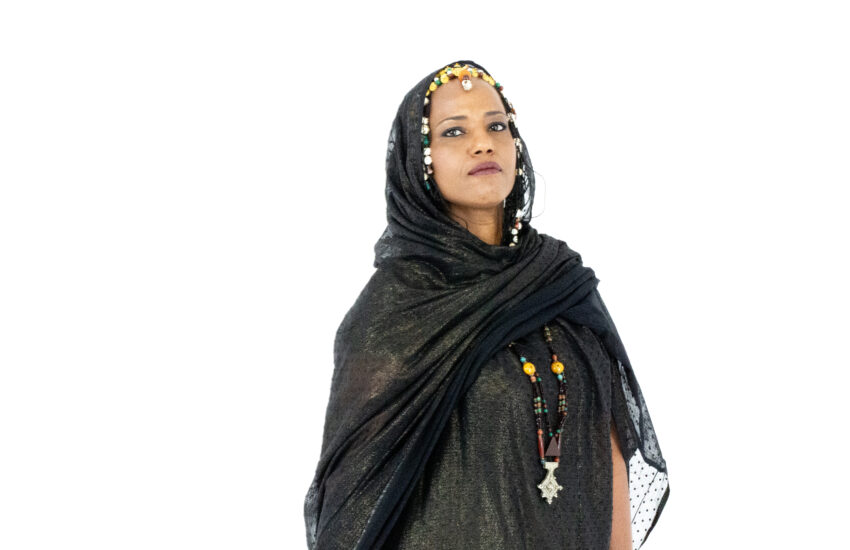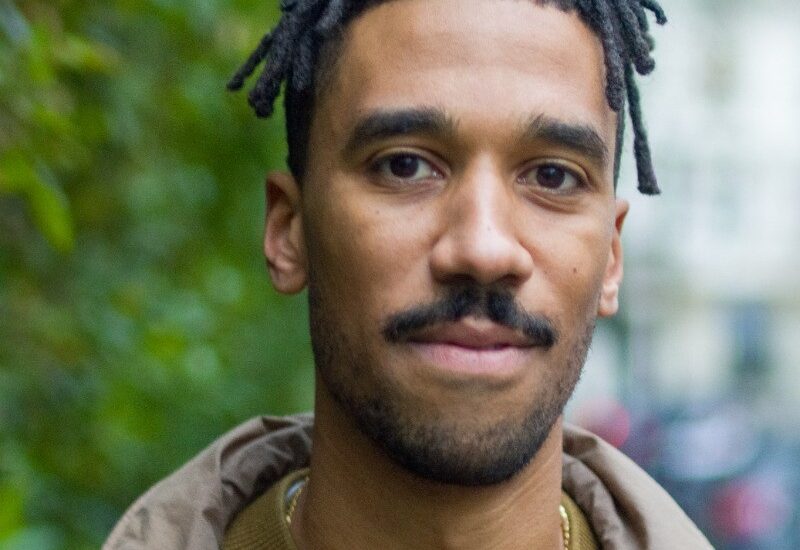Afropean Voices during Covid-19: A Zimbabwean woman grieves
 Dorcas GWATA is a Zimbabwean woman living in London. She is a Global Health Consultant, specialising in mental health, gender violence and human rights.
Dorcas GWATA is a Zimbabwean woman living in London. She is a Global Health Consultant, specialising in mental health, gender violence and human rights.
We buried my father, Baba Christopher Chakanyuka Gwata in our rural village in Chihota in Zimbabwe. In our Shona culture we say ‘pasi papfuma’ meaning the ground is richer because you are in it. Patriarchs do not come any softer, Baba lived a life of charity, writing, organic foods, and laughter. Oral history lived here. The village boy who walked to school, became a teacher, married a city girl, and together they raised more children than they birthed. His funeral was spiritual and ritualistic, his coffin perched in our thatched hut as dancers and drummers sung traditional songs in a trance.
Dizzy in jet lag and sorrow I mingled with the mass. Nothing tests the strength of a migrant like the death of a loved one afar. I had not been able to return home to bury my mother years ago, I wanted to be there to bury Baba. Grief is the air in between, there are many dark moments, you can lose yourself in search of meaning. All colours bleed red.
In our African culture grief is expressed by wailing, screaming, rolling on the ground, neurosis, arms in the air as people come along and say ‘nematambudziko’.
Women play a significant and incredibly valued role in our Shona traditions, many important decisions run through the matriarchal veins. Varooras, women married into the family dance and cook all night, when your grief becomes too heavy, they tickle you. Varooras navigate the cultural context, they understand the hierarchical structures, they sweep the graveyard, they cater for the rolling numbers and when the dust settles, they politely line up and claim for their efforts, my diaspora wallet opens again. African women are the glue the holds the family, they are the silent breadwinners, they are constant, they hold the core.
COVID-19 threatens our cultural norms, we are a tactile people, we laugh without measure. This virus has changed the way we prepare our loved ones to rest, some will not see the body, others will question death whilst some traditional healers and church pastors seize the monetary moment, our grief in the face of sheer vulnerability. But we have been here before with HIV, Ebola, wars, a merciless suffering.
Still, we must find closure wherever we are, and for the diasporas who are unable to come home and bury their loved ones, grief and trauma are unimaginable. Remittances may mitigate but money cannot heal wounds, we pay the highest price in depression, anxiety, substance misuse and sometimes suicide. We are a traumatized diaspora.
This perspective is included in the upcoming Collateral Benefits Perspective Paper IV: Voices of the African Diaspora, a collaboration beteeen Collateral Benefits , Fundación Manos Visibles and Afrøpean.


